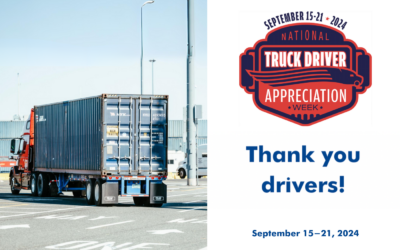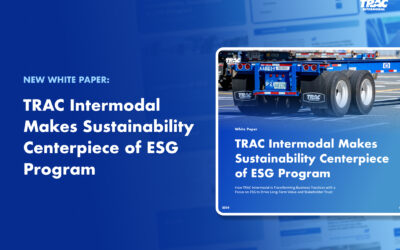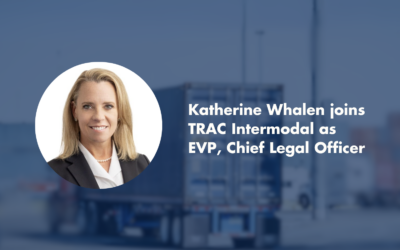American Shipper: TRAC Intermodal aims to be resilient
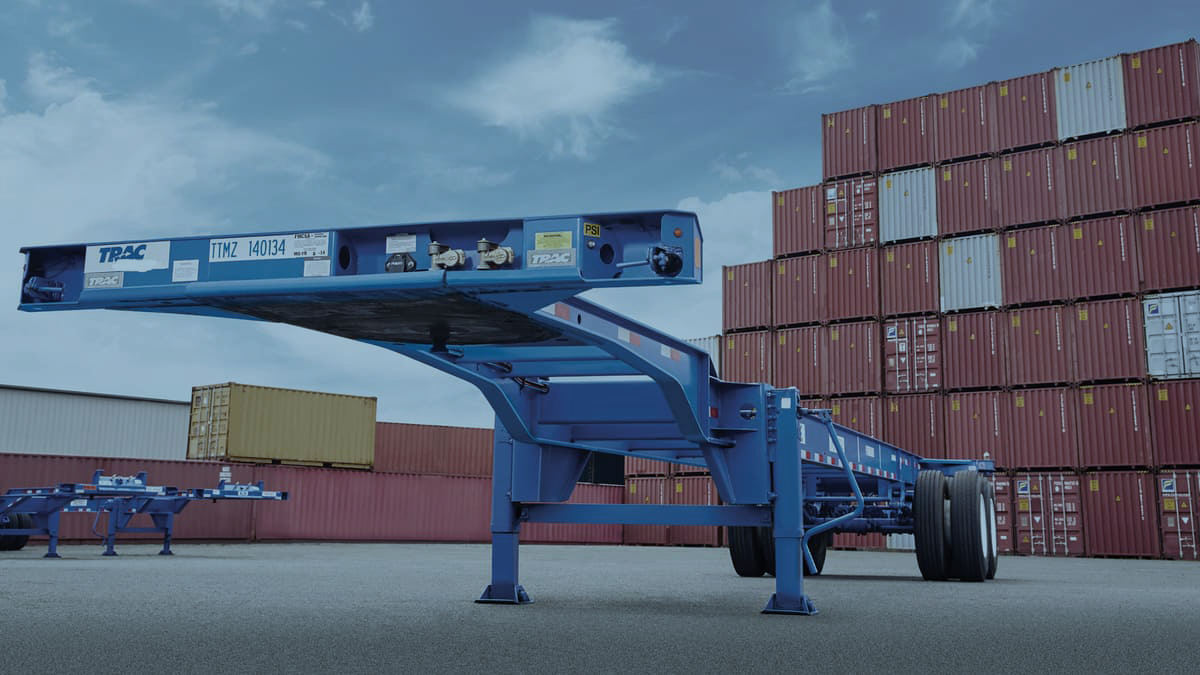
Source: American Shipper
Chassis management and equipment provider TRAC Intermodal is ready to manage anticipated sudden upswings and downturns in U.S. container volumes amid upheavals in the supply chain because of the coronavirus pandemic, the company’s head told FreightWaves in an interview.
“Although this pandemic is something we haven’t seen before, we very often see dramatic swings in demand, from simple things like seasonality and weather events” or the unprecedented volume surge in late 2018 and early 2019 because of pre-tariff shipping,” TRAC Intermodal President and CEO Jennifer Polli explained.
“We never assume things will be consistent. We’re always prepared for rapid upticks or downturns in demand, and we quickly adjust to manage them,” Polli said.
To ensure that TRAC Intermodal has an adequate supply of chassis when and where customers need them, the Princeton, New Jersey-based company takes measures such as updating its fleet optimization model, in which TRAC Intermodal uses forecasting tools to look at historical patterns and project demand across its markets. The company also conducts fleet upgrades, modernizations and maintenance, and it collaborates with customers, vendors, port authorities and business partners to gauge cargo flows and anticipate needs.
TRAC Intermodal also deploys these tactics should there be hiccups along the supply chain, such as if the railroads face disruptions that result in capacity constraints.
“We have seen wild swings in demand before. Each one is obviously a little different – they hit different markets – but we try to follow our program of fleet optimization, prepping our fleet, and communication to manage them and adjust along the way,” Polli said.
She said her company felt the decline in U.S. coastal port volumes as the coronavirus outbreak delayed the restart in Chinese manufacturing after the Lunar New Year. Since the chassis business is tied to container volume, the drop in container volume affected chassis provisioning.
Inland ports also experienced container volume declines because the inland volumes originate from the coastal ports, she said.
“Everything is so intertwined, that anything that’s not the normal course creates some disruption and there could be backlogs, whether it’s at the port or at warehouse facilities. We’re always on the lookout for that, and then you have to adjust accordingly. It’s hard to predict them, but we’ve tried to get better about reacting to them,” Polli said.
Although Chinese imports appear to be recovering because factories there have reopened, one uncertainty is whether the U.S. will be able to handle those imports at the ports because the country is in the grips of the COVID-19 pandemic.
“Ports are open and working, but the supply chain is disrupted for obvious reasons with this pandemic. That’s the unknown. For volumes coming back in, how quickly will they be serviced? What’s going on with the warehouses? What’s going on with retailers? That’s the next chapter in this that’s unfolding,” Polli said.
To compensate for the uncertainty, TRAC Intermodal tries to stay in close contact with its stakeholders, and its response to changes in service needs depends on the market, Polli said. At the ports of New York and New Jersey, the chassis are easier to store because they’re off terminal. But at the West Coast ports, the chassis are at the terminals and so it can be challenging to find places to store the chassis because there’s more competition for storage space.
“There’s always a push and pull when these things occur, and again, every market is different – what the reaction is and what the remedies are,” Polli said.
Like other companies seeking to maintain business operations amid the coronavirus pandemic, TRAC Intermodal has business continuity plans in place, which includes some staff working from home and ensuring those working in field operations see very little disruptions.
“I can’t make any predictions about what’s going to happen next and how long this will last and what the next twist and turn is because we’re in unprecedented times, but I think what we’ve seen in this business over the decades is that trade is resilient and it’s always recovered and it’s always grown,” Polli said. “So, from a macro basis, we know where we are now, and it’s pretty safe to say that the end game will be like what it has been in decades – it’s just, what do you do in the interim.”
Polli added, “Like other businesses that are watching this closely, we’re committed to servicing our customers in the supply chain, and so we’re trying to do everything we can to get information to be ready for changes. We hope those changes are big upticks in volume, but we’re very committed to the supply chain and keeping business continuous.”
The company announced on March 30 that Stonepeak Infrastructure Partners completed its transaction to acquire TRAC Intermodal.
Recent Posts
Join TRAC in Celebrating National Truck Driver Appreciation Week, September 15 – 21, 2024
Join TRAC in Celebrating National Truck Driver Appreciation Week, September 15 - 21, 2024September 13, 2024Every year, National Truck Driver Appreciation Week provides us with an opportunity to recognize and celebrate the unsung heroes of our nation’s highways—the...
White Paper: TRAC Intermodal Makes Sustainability Centerpiece of ESG Program
White Paper: TRAC Intermodal Makes Sustainability Centerpiece of ESG ProgramAs a leader in the intermodal industry, TRAC Intermodal recognizes the significance of ESG in shaping its corporate identity and operational ethos. This white paper explores how TRAC and its...
Katherine Whalen joins TRAC Intermodal as EVP, Chief Legal Officer
Press ReleaseKatherine Whalen joins TRAC Intermodal as EVP, Chief Legal OfficerMay 2, 2024TRAC Intermodal, the largest marine chassis provider and pool manager in North America, today announced that Katherine Whalen is joining TRAC as Executive Vice President and...
